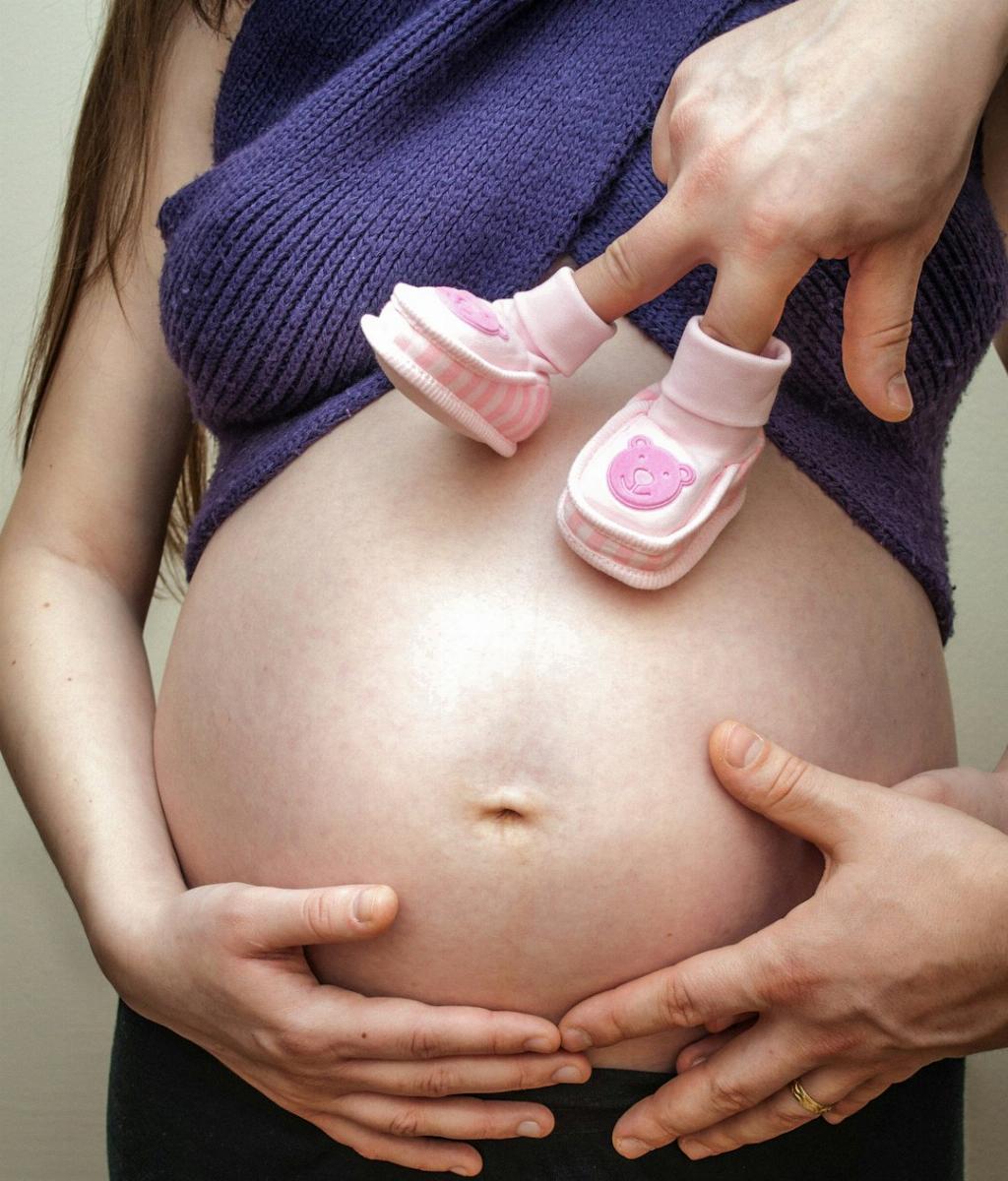When it comes to the Maternal Newborn Proctored Exam, one of the fundamental questions that aspiring nurses often ask is: How many questions does the exam consist of? This article aims to address this query comprehensively, shedding light on the specific details that applicants need to know.
The Total Number of Questions
The Maternal Newborn Nursing exam comprises a total of 175 multiple-choice questions. This extensive set of questions is designed to assess a nurse’s knowledge and understanding of key concepts related to maternal and newborn care. It covers a wide range of topics and scenarios that nurses may encounter in their professional practice.
The Breakdown of Scored and Unscored Questions
Out of the 175 questions on the Maternal Newborn Proctored Exam, it is important to note that 25 of these questions are unscored. While these unscored questions do not contribute to your final score, they are included in the exam to gather data on their performance and relevance for future test development.
The Time Limit
When sitting for the Maternal Newborn Proctored Exam, test-takers are given a time limit of 3 hours to complete the entire exam. This timeframe is set to ensure that candidates have sufficient time to carefully read and respond to each question while also managing their time effectively throughout the test.
Preparing for the Exam
Given the comprehensive nature of the Maternal Newborn Nursing exam, it is crucial for aspiring nurses to engage in thorough preparation to increase their chances of success. This involves reviewing key concepts, practicing with sample questions, and familiarizing oneself with the exam format and structure.
Strategies for Success
To excel in the Maternal Newborn Proctored Exam, it is advisable for candidates to adopt effective study strategies and test-taking techniques. This may include creating a study schedule, seeking clarification on challenging topics, and practicing time management skills to ensure that each question is addressed within the allocated timeframe.
Understanding Question Types
As candidates prepare for the exam, it is essential to be aware of the different question types that may appear on the Maternal Newborn Proctored Exam. These may include scenario-based questions, knowledge-based questions, and critical thinking questions that require a comprehensive understanding of maternal and newborn care principles.
Utilizing Resources
In addition to individual study efforts, candidates can benefit from utilizing a variety of resources to enhance their exam preparation. This may involve using study guides, online practice tests, review courses, and other educational materials that are specifically designed to support nurses in their exam readiness.
Seeking Support
Throughout the exam preparation process, it is important for candidates to seek support from peers, mentors, and educators who can provide valuable insights and guidance. Collaborating with others can offer new perspectives, clarify challenging concepts, and enhance overall confidence leading up to the exam.
Final Thoughts
In conclusion, the Maternal Newborn Proctored Exam consists of 175 multiple-choice questions, with 25 of these questions being unscored. Test-takers are granted a 3-hour time limit to complete the exam, highlighting the importance of effective preparation and strategic test-taking approaches. By investing time and effort into comprehensive study practices, aspiring nurses can position themselves for success in this critical assessment.

